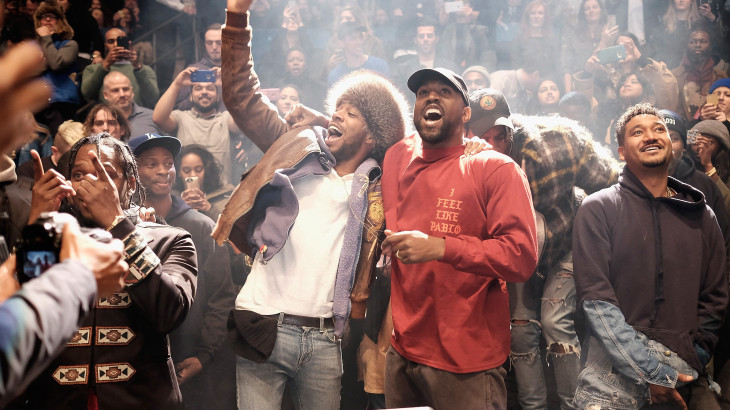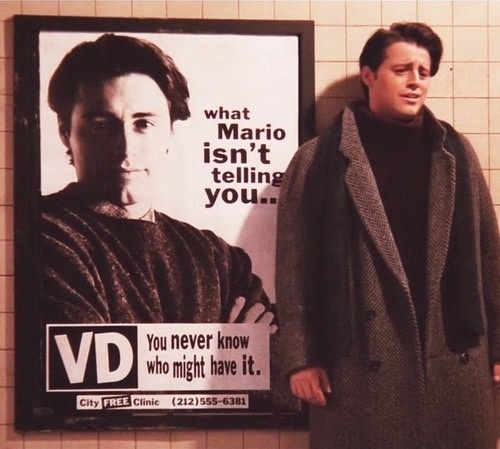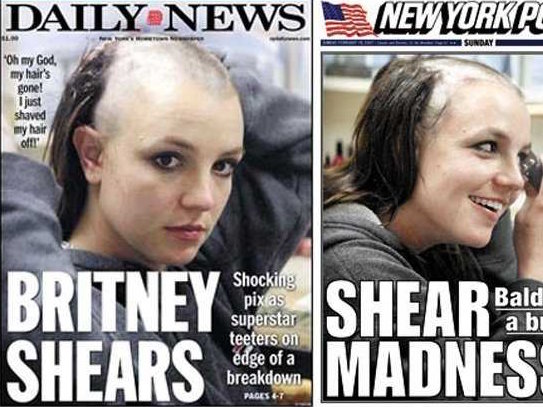Certain health issues have historically been treated more discreetly than others, sometimes out of respect for a person’s suffering, and sometimes simply because no one wants to hear the graphic details of your recent case of gonorrhoea. Until relatively recently, mental health was just not spoken about, usually out of fear, not respect.
It may sound extreme, but suffering from mental health problems is comparable to an illness like cancer; the symptoms are not immediately visible, but the effects are a daily struggle. Mental health can debilitate your physical body just as much as your emotional wellbeing, life becomes punctuated with hospital visits and medication – which can also have unpleasant side effects. Even witnessing someone suffering can be awful for families and loved ones, let alone trying to care for that person. It can leave life long scars, it can reoccur aggressively and, tragically, it can be fatal.
However, unlike those illnesses that we are more accustomed to hearing about, mental health is not always addressed with the same sympathy, understanding or respect. Much like how the stigma surrounding sexual health has been gradually worn down (better that you do talk about gonorrhoea and actually get it treated), campaigns like R U Ok? and Man Therapy work hard to create safe spaces where people can be open about mental health.
While the closest we’ve come to a celebrity poster boy for VD would be Joey in that Friends episode, a number of public figures have opened up about their own struggles with mental health, and in recent years we have seen an increase in transparency and openness – largely thanks to the high visibility and immediate communication that social media allows. As much as famous spokespeople can effect change by speaking out, there is also a certain power in the proof that fortune and fame cannot buy you health or happiness. Particularly where mental health issues are concerned.
It is important that these struggles are not reserved for social outcasts or ‘weirdos’; depression cannot be solved with money, and even beautiful, wealthy, famous people are not immune. Sadly, good looks and a lot of cash also can’t protect against criticism and cynicism. Even as the media campaigns for increased awareness and better treatment for mental health sufferers, it is not always so kind towards celebrities.
The vast amounts of information at our fingertips is a double-edged sword for those the media are concerned with. Social reach can be an incredible tool, but it also makes the media highly competitive for audiences – see clickbait. It is frustrating to see mental health picked up as yet another thread of sensationalism. Just as celebrities are stepping up to talk about their mental health, they are torn down for “crazy” behaviour.
How many musicians have been labelled in this way just this year? From Kanye West through to Zayn Malik, from Kid Cudi to Kehlani, we’re seeing the very real effects of mental illness on celebrities, and the terrifying, often harmful ways in which the media, and celebrity contemporaries, may handle it. There is definitely a line to be walked between open discussion and gossip mongering. As much as we need the media to support an honest approach and the lessening of the stigma surrounding mental health, we do not need the issue to be trivialised by clickbait articles.
The incredible fascination with Kanye West’s behaviour is particularly interesting. His penchant for outrageous comments and left field musings are pretty irresistible, and undeniable. But is it acceptable to then drag Ye through the mill of speculation as to what his exact state of mental health might be? Armchair diagnosing is not not only disrespectful, but also dangerous.
Constant surveillance is admittedly the price of fame, and most people feel that it’s a small price. Social media gives us a direct link to artists, Instagram and Twitter are the new fan mail – and hate mail too. However, it’s a door that swings both ways. How often has someone’s Twitter feed been hauled up to be dissected following a “crazy rant”? And on the other hand, how many times have you said something you wished you hadn’t via social media? Probably quite often.
Luckily, most of us can rely on our small rages and tantrums being forgotten. With millions of followers, that is less likely to happen. Especially if the media keep digging out those tweets or ‘grams every time your name is mentioned.
Speculation about breakdowns has replaced gossip columns about break ups, while some enter rehab for depression rather than drugs. But coverage is often so focused on the person’s celebrity status and the trappings that go with it, often appearing cynical or in disbelief that the wealthy and famous are as susceptible to mental illness as the rest of us. It’s not just tabloids, either, who purport that these people do not share any kind of experience with normal people, even claiming that their issues are no more than petty fodder for the rich and famous. Many are even accused of exploiting or fabricating issues for publicity.
The concept of exploitation is a tricky one to navigate, with too many people believing that true suffering would not be publicised so easily. Some only pay attention when it’s too late, such as an attempted suicide or public breakdown. Outside of the media, even an artist’s peers can be dismissive or critical of their behaviour, reenforcing the idea that those struggles are not real or valid.
Despite all this complaining as to invasive media coverage, it’s hard to know if it is preferable to ignorance. In the past, a celebrity’s mental health may have only come into question too late. Look at Marilyn Monroe, or Janis Joplin. Or Kurt Cobain, Ian Curtis, Elliott Smith. The label ‘suicide’ is attached to so many artists, but somehow we forget to make the connection between suicide and mental health, much like we can forget to make the connection between an artist and oneself.
Without social media warnings or parasitic press, it was actually much harder to cry for help, even inadvertently, especially because mental health was not up for discussion in any shape or form. Depression was often treated as simply a nervous disorder brought on the pressures of fame, or as just a typical facet of the artistic personality. Either privately or self medicated, behind closed doors, neither is an effective way to address these issues.
That term “cry for help” has also come to imply a certain sense of attention seeking. An implication that somehow seems to filter into the way we handle artists experiencing mental health issues. Add that to the accusations of exploitation, the trivialisation of the issue, judgment and criticism from strangers and peers… it’s quite a litany of damnation that artists face.
But that same list applies to nearly everyone who experiences mental health problems, famous or not. My own brother once accused me of “putting it on” when I was having a panic attack. Not all panic attacks are hyperventilating and fainting; some are terrifyingly internalised, with just a handful of physical quirks that betray the complete turmoil and fear that someone is experiencing.
I’ve been told “just get on with it”, “chin up” and even “but you’re better now”. Some people find it uncomfortable to hear that I’ve experienced mental health problems, they don’t like to hear that I’ve had “therapy”. People actively deny how many physical symptoms mental suffering can cause, it doesn’t matter that I have experienced it.
And thank fuck I don’t have millions of twitter followers, or even use Facebook that much. But if someone had recorded even just some of the things I have said or done, Kid Cudi’s venting would read like a Valentines Day card. It may not have been obviously “crazy” or “psycho”, but it was cruel and irrational, because it was born out of confusion and fear.
So really, celebrity experiences are not that much different to everyone else’s. The problem is that, under the guise of opening up about mental health, all we have really done is elevated their struggles to global proportions. The removal of the stigma attached to mental health will hardly be achieved by simply expressing the same prejudices on a much larger scale. The way it is treated in the media should be comparable to other illnesses, and it should be accorded the same respect.
Image: Respect Mag




